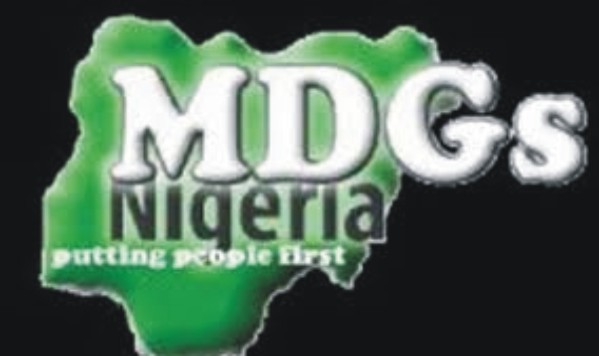The President of the Pan African Parliament (PAP) and member representing Mbaitoli/ Ikeduru Federal Constituency in the Nigerian House of Representatives, His Excellency Hon. Bethel Amadi has stressed the need for future development agenda to be informed by democratic principles.
Addressing a recently concluded African thematic consultation on governance and post 2015 development agenda held in Midrand, South Africa, sponsored by the UNDP and hosted by the Pan African Parliament, Hon Bethel N. Amadi extolled the significant gains in some of the key thematic areas of the millennium development goals.
Hon Amadi stated that the deficiencies manifested in sustainable development in Africa can in large measure be ascribed to a lack of representation, participation, transparency, effective decision-making and oversight. This in his opinion underscores the importance of underpinning post-2015 development framework on democratic principles, values and institutions.
He also stated that a fully representative parliament that has the requisite powers and means to express the will of the people and that can legislate and hold government to account is a key institution of democracy. Hon Amadi reminded the participants which included several high level delegation from the United Nations, that the centrality of democracy and its institutions is recognized by states in many international instruments including the Millennium Declaration where deepening democratic institutions are seen as indispensable platform for development and the eradication of poverty.
Notwithstanding this declaration, Hon Bethel Amadi regretted that the original MDG goals were not informed by democratic principles and as such devoid of input from Parliamentarians who are the true representatives of the people and are more properly positioned to articulate the wishes, needs and aspirations of grass-roots communities and their constituencies.
He said “Because most MDG’s were conceived without parliamentary participation, most parliaments lack the requisite knowledge and capacity integral to enacting tangible implementing legislation. This has created a huge vacuum and the resultant consequences are clearly manifested in the failure of most legislative houses to inculcate MDG agenda in their National Planning and Economic Development’s legislative appropriations”.
As a further consequence of the absence of parliamentary input, Hon. Amadi stated that there is a clear lack of ownership of the process by the people. He admonished that the next generation of development goals should not just be anchored on strengthening democratic governance processes but should equally include and embrace the enhancement of democratic principles, values and institutions. He pointed out that the success of MDG will be contingent on localization of the post 2015 agenda tempered against the backdrop of a people centered development principles. To do this will further require a strengthening of Africa’s legislative institutions bestowed with tangible legislative capacity and competence.
Continuing, he articulated the notions that continental integration and people centered post 2015 agenda are key necessities to achieving sustainable African economic development. “The integration process of our continent can only begin through economic integration and by creating legal and legislative frameworks for the free movement of people, labour, goods and services across our continent”. Africa remains the most fragmented continent in the world with 54 countries with numerous border crossings and according to a report by the world trade organization, Intra Africa trade remains very low and as at last year stood at 10% while the European Union have achieved 70%, 52% for Asian Countries, 50% for North American Countries, and 26% for South American Countries. Currently, the biggest trading partner of every African Country is either in Asia, Europe or America and the low level of intra-African Trade is a missed growth and development opportunity. Recent studies have indicated that if only African Countries can increase their share of global trade by only 1%, this would represent an additional annual income of over 200 billion dollars which is approximately five times more than what the African continent receives as official development assistance from our donor partners annually and more than enough to actualize the MDG thematic principles.
About The Author
You may also like
-
Fresh Crisis Erupts In Imo ADC, Faction Rises To Challenge Okoroma Led Leadership ….Insists Emmanuel Amuchie Is INEC Recognized Chairman
-
Cover and Inside Pages of Trumpeta, Friday, February 6th, 2026
-
Cover and inside pages of Trumpeta, Tuesday, February 3rd, 2026
-
Cover and Inside Pages of Trumpeta, Friday, 30th January, 2026
-
Cover and Inside Pages of Trumpeta, Thursday, 29th January, 2026

